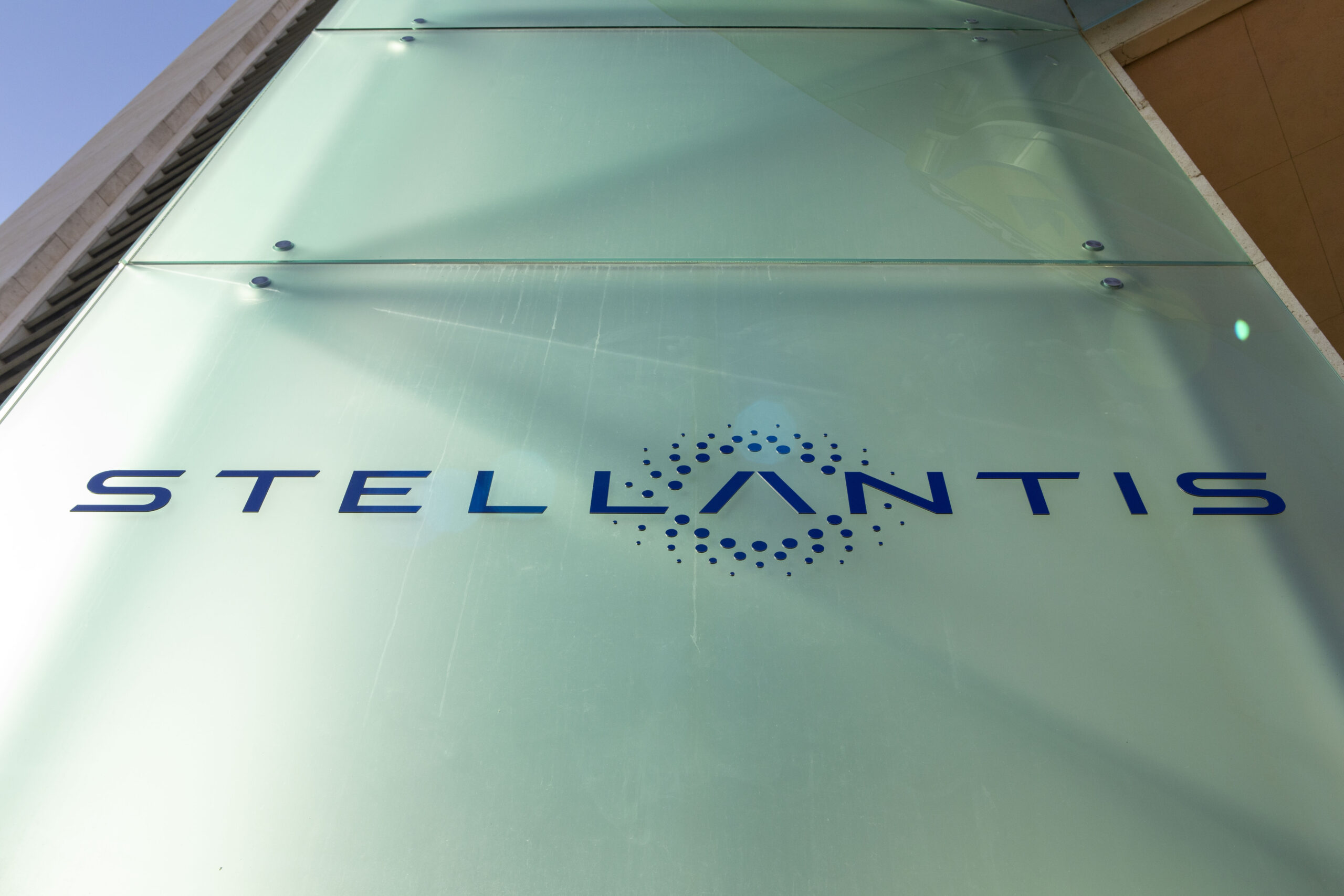What really happens in Stellantis?

Is Stellantis biased towards France? Giuseppe Gagliano's analysis
Let's take stock of the recent corporate and political dynamics involving Stellantis, the parent company of Maserati, Alfa Romeo and Fiat.
LANDINI'S CONCERNS AND EXOR'S SUCCESS
Maurizio Landini, secretary of the CGIL, expressed concern about the lack of dialogue with Stellantis and the insufficient intervention of the Italian government regarding the company's strategic decisions, in particular the failure to develop promised one million cars in Italy. Of course, the financial success of Exor NV , the holding company of John Elkann, president of Stellantis, which recorded notable profits in 2021 and 2022, is a fact.
Stellantis, founded in January 2021, has Exor NV, Peugeot and the French state through Bpifrance as its main shareholders. The Elkann-Agnelli family has made significant gains, especially after the sale of Italian brands and factories. But this raises questions about the balance between corporate interests and the role of government and unions in protecting domestic industry and workers.
THE SITUATION OF THE ITALIAN AUTOMOTIVE INDUSTRY
The situation of the automotive industry in Italy is complex and challenges various political and economic actors.
Stefano Patuanelli, of the 5 Star Movement and previous minister of Economic Development, together with his French counterpart, had positively welcomed the merger which led to the birth of Stellantis, emphasizing the attention to employment. However, with the change of government and the arrival of Mario Draghi, the ministry passed to Giancarlo Giorgetti, of the League, who currently holds the role of Minister of Economy.
From a production point of view, Italy has lost positions in the European automotive industry, falling to ninth place, while France has established itself as the fourth producer. This reduction in Italian production could have a positive impact in environmental terms, given the lower number of polluting cars produced, but it raises concerns about job losses and the need to innovate in the field of electric and hydrogen engines.
Carlos Tavares, CEO of Stellantis, expressed concern about the challenges posed by the transition to clean energy, highlighting the potential social consequences, such as the possible exclusion of the middle class from purchasing new cars due to higher costs. This scenario requires a balance between environmental progress and maintaining economic and social stability.
IS STELLANTIS UNBALANCED TOWARDS FRANCE?
Now, as regards relations with France, the merger between FCA and Peugeot, which gave life to Stellantis, is showing a clear imbalance in favor of France. An emblematic fact is the distribution of the new car models that will be produced: between 2024 and 2026, Italy will produce 13, compared to the 24 expected for France. This imbalance is also reflected in the production of hybrid and electric cars, with only one dedicated Italian plant (in Turin Mirafiori) versus five in France.
THE DISCREPANCY IN PATENTS
Another significant indicator is the discrepancy in the patents acquired by Stellantis: the Italians obtained 166 against the 1239 of the French. The active participation of the French State as the third shareholder of Stellantis, contrasted with the uncertainty of the Italian government on a similar decision, further underlines this imbalance. The situation worsens considering the demographic crisis that Italy is facing, with a lower availability of workforce qualified compared to France. The current Italian government, led by Giorgia Meloni, seems not to be inclined to change immigration policy to compensate for this shortcoming.
Furthermore, the Italian Minister of Economy, Giancarlo Giorgetti, has expressed concern for the country's economic future, predicting a possible 18% reduction in GDP over the next eighteen years. This scenario could discourage further investments in Italy by key figures such as Elkann or Tavares of Stellantis. In this context, it would be appropriate to make an appeal to political and trade union leaders, such as Maurizio Landini and Matteo Salvini, to focus less on minor disputes and more on the support and development of the Italian automotive industry.
The crisis is already a reality, and actions taken now can determine Italy's ability to maintain a significant role in the global automotive industry.
This is a machine translation from Italian language of a post published on Start Magazine at the URL https://www.startmag.it/economia/stellantis-cosa-succede-davvero/ on Sun, 19 Nov 2023 06:02:05 +0000.
